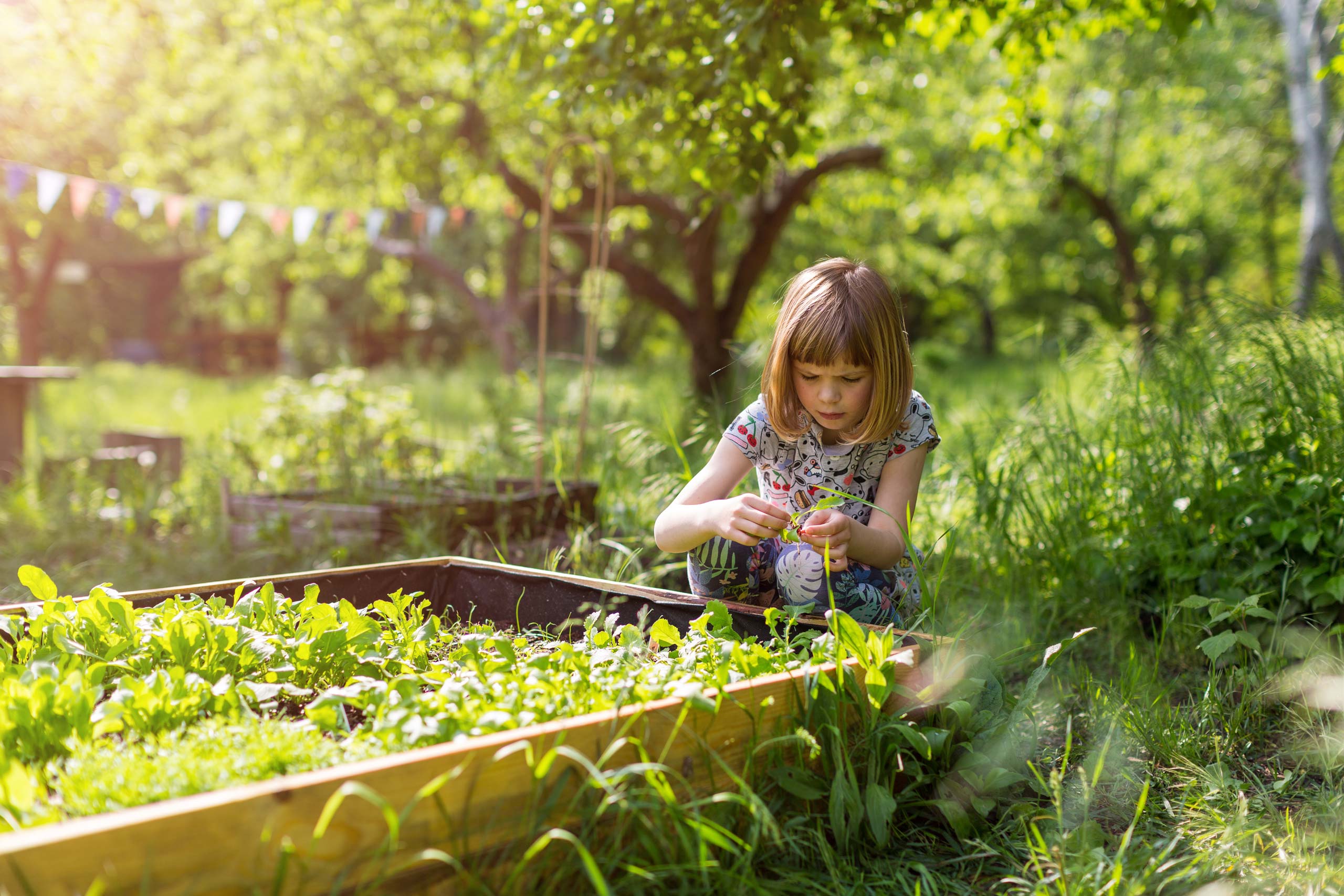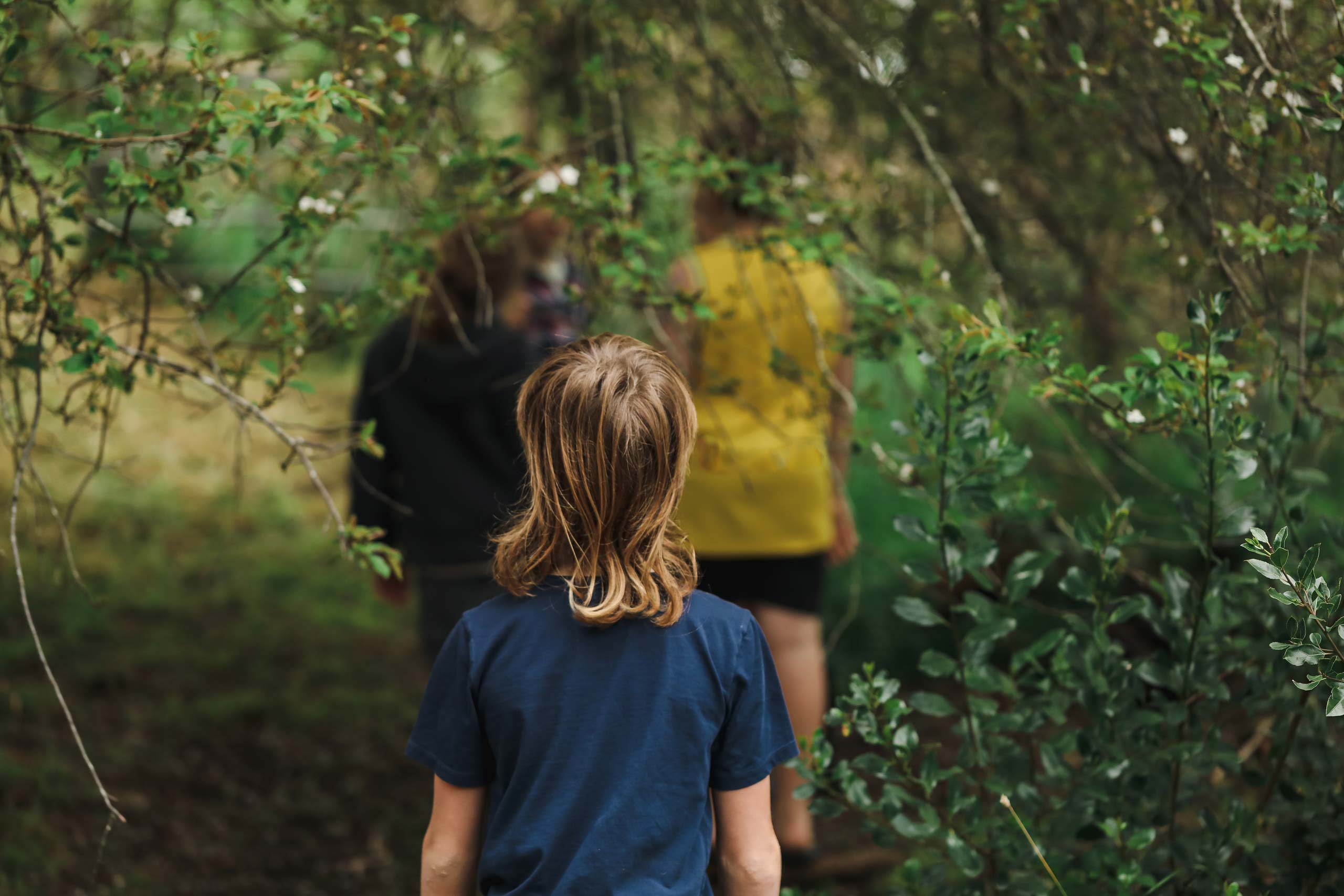Partnership for 21st Century Learning (P21) Framework
The Framework for 21st Century Learning developed by P21 (now part of Battelle for Kids) is a widely adopted US framework outlining the skills, knowledge, and dispositions students need for success in work, life, and citizenship. It identifies key capabilities, including creativity, critical thinking, communication, and collaboration (the “4Cs”), along with life and career skills like flexibility, initiative, and social responsibility.
Importantly, P21 explicitly integrates environmental literacy and global awareness as essential interdisciplinary themes. These capabilities are foundational to helping students understand complex ecological issues and take action as responsible global citizens. Focusing on these skills enables learners to approach environmental challenges with innovation, empathy, and resilience.

CASEL Social and Emotional Learning (SEL) Competencies
The Collaborative for Academic, Social, and Emotional Learning (CASEL) developed the widely-used 5 SEL Core Competencies framework: self-awareness, self-management, social awareness, relationship skills, and responsible decision-making.
These competencies represent vital human capabilities that underpin ethical, collaborative, and empathetic behavior — qualities crucial to ecological stewardship and sustainability. Embedding SEL in classrooms helps students build the emotional intelligence to care about others, understand the impact of their actions on the planet, and work effectively in groups to solve environmental problems. Promoting SEL through an ecological lens strengthens students’ sense of interconnectedness with both people and nature.
Watch the short video below from CASEL providing further insights into SEL.
UNESCO Education for Sustainable Development (ESD) Competencies
While UNESCO developed the original Education for Sustainable Development (ESD) competencies globally, US-based sustainability education initiatives have adapted them — such as in the Sustainability Education Framework for Teachers (Nolet & Wheeler).
This framework identifies capabilities like systems thinking, futures thinking, strategic thinking, values thinking, and collaborative skills, which are directly aligned with building students’ and educators’ capacity to engage in sustainable practices. These capabilities equip learners to understand complexity, anticipate consequences, and make decisions rooted in care for the future and the common good. Integrating ESD capabilities in US schools connects local action to global environmental goals
Next Generation Science Standards (NGSS)
The Next Generation Science Standards (NGSS) are the benchmark for K–12 science education in most US states. They embed capabilities through three dimensions: science and engineering practices (e.g., asking questions, using models, engaging in argument from evidence), crosscutting concepts (e.g., systems and system models, cause and effect), and disciplinary core ideas.
These practices develop students’ analytical, reasoning, and problem-solving capabilities — which are essential for understanding and addressing environmental challenges. NGSS’s emphasis on human impacts on Earth systems explicitly encourages students to apply their scientific capabilities to ecological and sustainability contexts.


Guardian of Democracy: The Civic Mission of Schools
The report Guardian of Democracy: The Civic Mission of Schools (co-authored by the Campaign for the Civic Mission of Schools) outlines how schools can foster civic skills, knowledge, and dispositions — a set of capabilities including critical thinking, informed decision-making, respect for others, and active participation in democratic life.
These civic capabilities are highly relevant to ecological education, as environmental stewardship and sustainability require collective civic action and a sense of responsibility toward community and planet. Cultivating these dispositions in students empowers them to engage in environmental advocacy and to work toward policies and practices that protect natural and human communities.